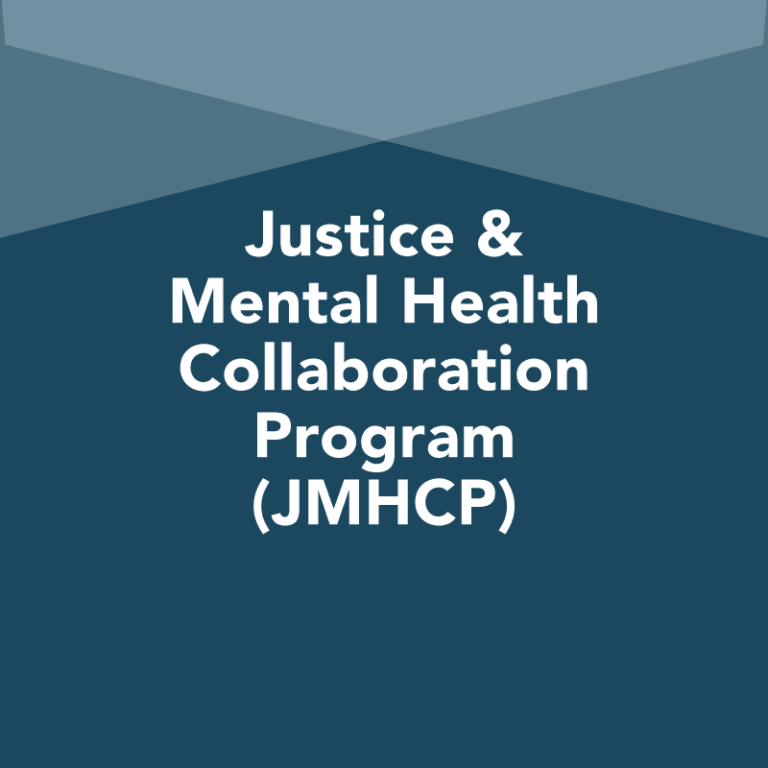Traditional first response options have usually included police officers, the fire department, and emergency medical services (EMS) personnel, with one or more being dispatched to respond to calls made to 911. However, jurisdictions across the U.S. are increasingly expanding their first response options to build out a network of crisis responses that better address the needs of their communities. As new response teams are implemented, it is important to ensure PSAP personnel are prepared to incorporate the teams into their existing response frameworks. This brief aims to provide PSAP administrators with key elements to expand their first response options, as well as examples of how some jurisdictions have used these elements to help enact new dispatch and call triaging protocols.
Related Resources

Preparing Law Enforcement Agencies for Embedded Clinicians
Crisis Systems, Law Enforcement, Mental Health
Read more
Building Successful Partnerships with Peer-Run Organizations
Co-Occurring Substance Use, Mental Health
Read more
FY2023 Planning and Implementation Guide for JMHCP Connect and Protect
Co-Occurring Substance Use, Law Enforcement, Mental Health
Read moreAuthors

Ethan Aaronson
Senior Policy Analyst, Behavioral Health
Ethan Aaronson provides technical assistance to Justice and Mental Health Collaboration Program grantees and Law Enforcement-Mental Health Learning Sites. Prior to joining the CSG Justice Center, Ethan worked at the Walter Rand Institute for Public Affairs, where he assessed how well local governments met the human service needs of residents. He also was the data manager for a project that supported individuals with co-occurring diagnoses in reentry. Previously, he was a counselor in New Jersey and Oregon, helping young men prepare for their return home after completing probation or parole. Ethan earned BAs in political science and history from the University of Vermont and his MA in criminal justice from Rutgers University.